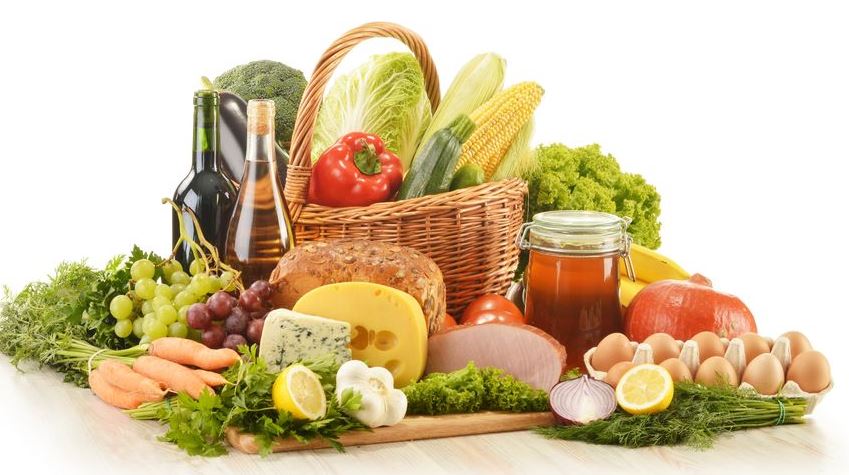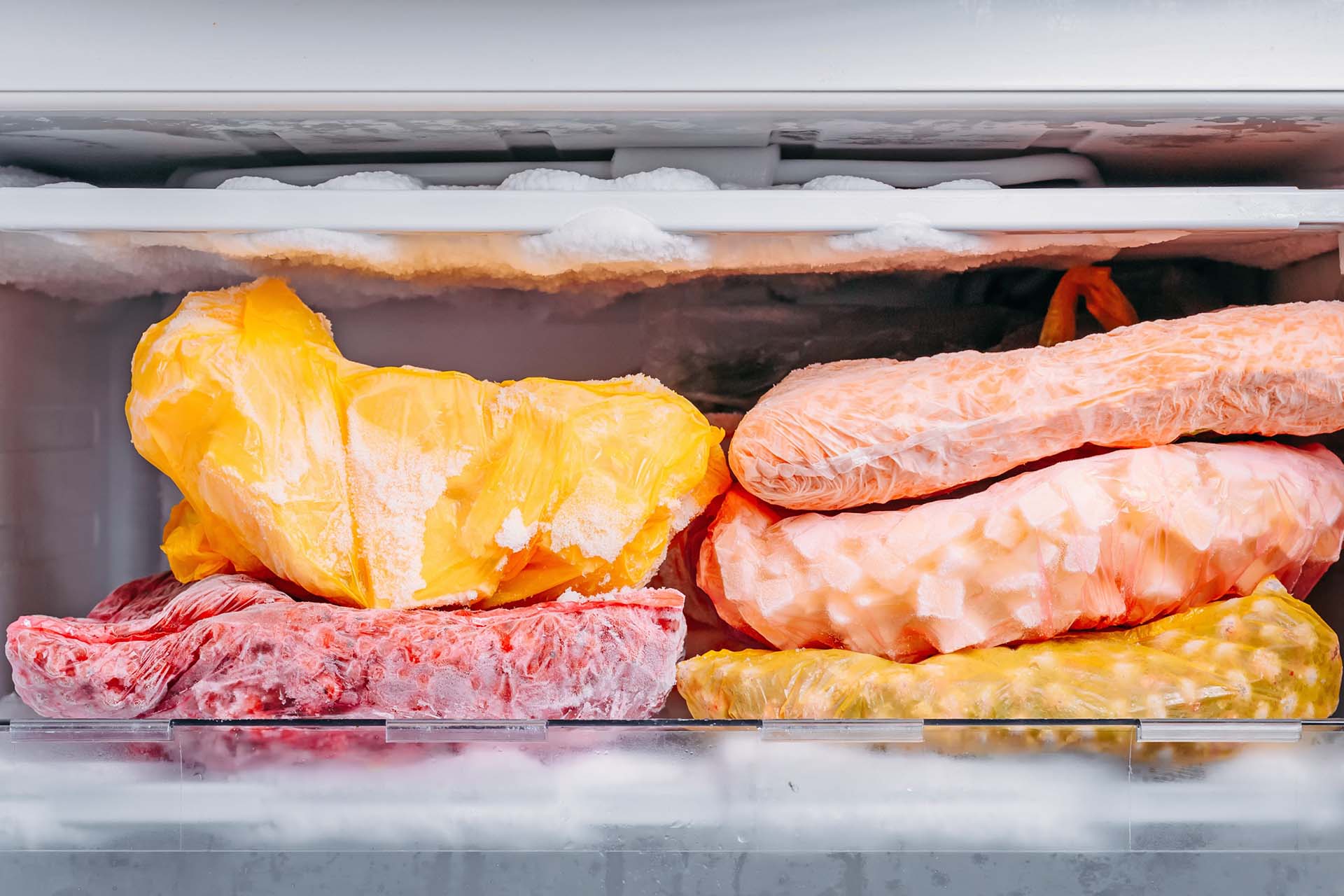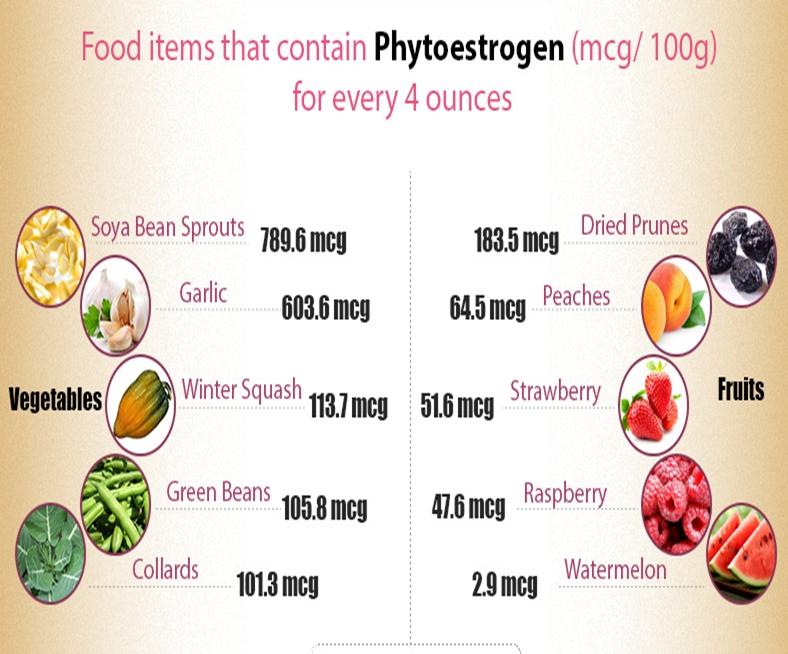Growing your own food is not only good for your health, it is also good for the environment. Making the choice to grow your own produces lessens the effect on the environment that is caused by conventional agriculture. Here are some of the ways that growing your own food can benefit the environment:

Reduces Carbon Emissions:

- Conventional agriculture heavily relies on the use of fossil fuels for transportation, farm machinery, production of fertilizers and pesticides. Cultivating your own food minimizes the demand for these activities, thereby reducing carbon emissions.
Conserves Water:

- Conventional farming practices often require large amounts of water for irrigation, leading to water scarcity and pollution. By growing your own food, you can implement efficient irrigation methods that save water, such as drip irrigation or rainwater harvesting.
Promotes Biodiversity:
- Diverse ecosystems are essential for a balanced and healthy environment. By growing your own food, you can cultivate a variety of plants, each of which hosts a wide range of beneficial insects and supports local wildlife. This contributes to the preservation of biodiversity and enhances the overall health of the ecosystem.
Reduces Pollution:
- Chemical pesticides and fertilizers used in conventional agriculture can pollute waterways and harm beneficial insects. Growing your own food organically eliminates the use of these harmful substances, protecting the environment from contamination.
Enhances Soil Quality:
- Conventional farming practices often lead to soil degradation due to excessive use of chemicals and poor soil management. By growing your own food, you can implement sustainable farming practices that improve soil health, such as crop rotation, composting, and cover cropping. Healthy soil leads to robust plant growth and reduces the need for chemical inputs.
Lessens Food Waste:
- With commercial food production, a significant amount of produce goes to waste due to transportation, spoilage, and aesthetic standards. Growing your own food reduces waste by eliminating the need for long-distance transportation and allowing you to harvest only what you need.
Promotes Sustainable Diets:
- Cultivating your own food enables you to choose varieties that are more nutritious and have a lower environmental impact. This encourages a healthy and sustainable diet, which not only benefits your well-being but also contributes to a more sustainable food system.
Growing your own food not only provides you with fresh, nutritious produce but also allows you to make a positive impact on the environment. By reducing carbon emissions, conserving water, promoting biodiversity, and enhancing soil quality, you can contribute to a healthier and more sustainable future.










